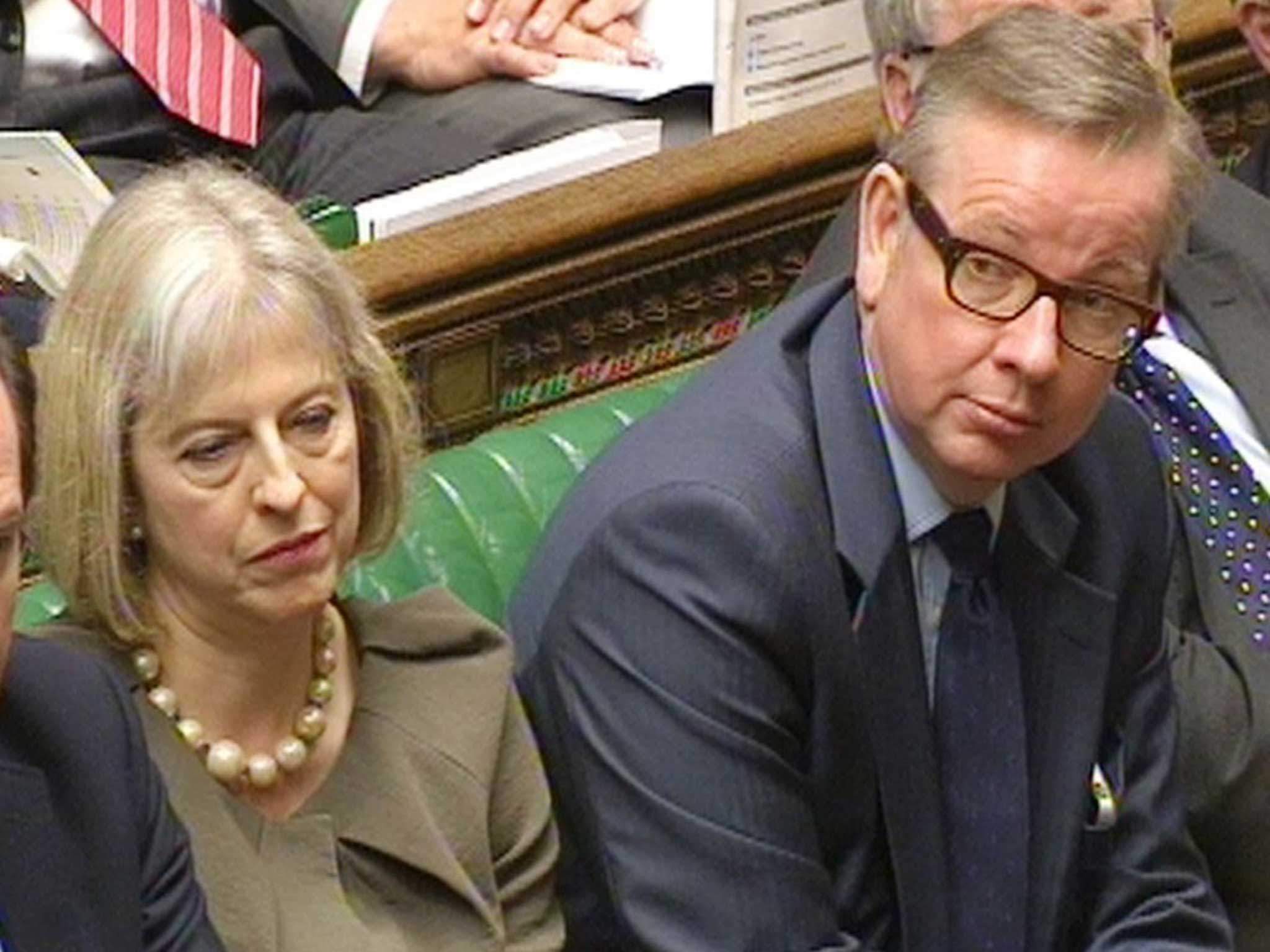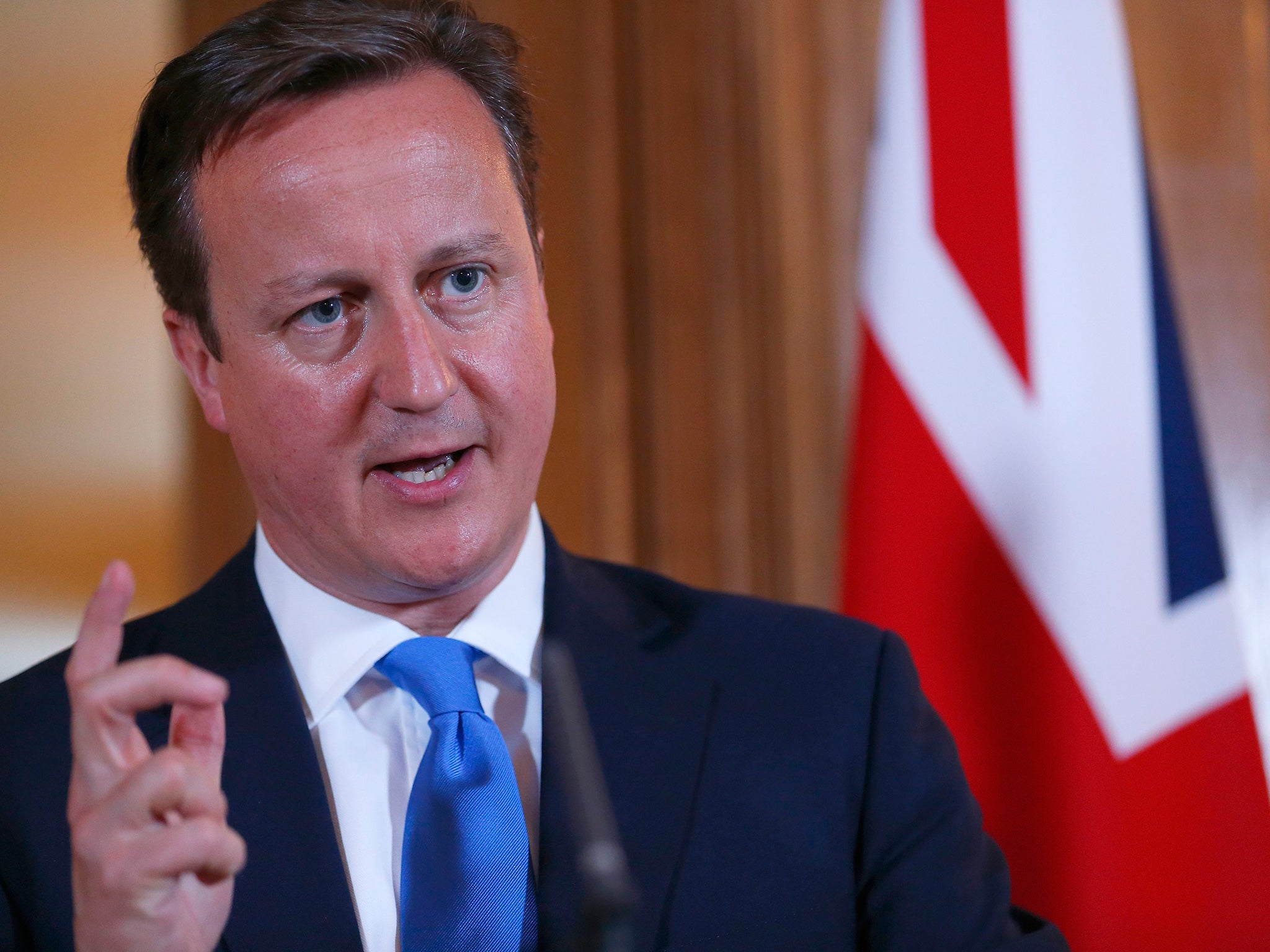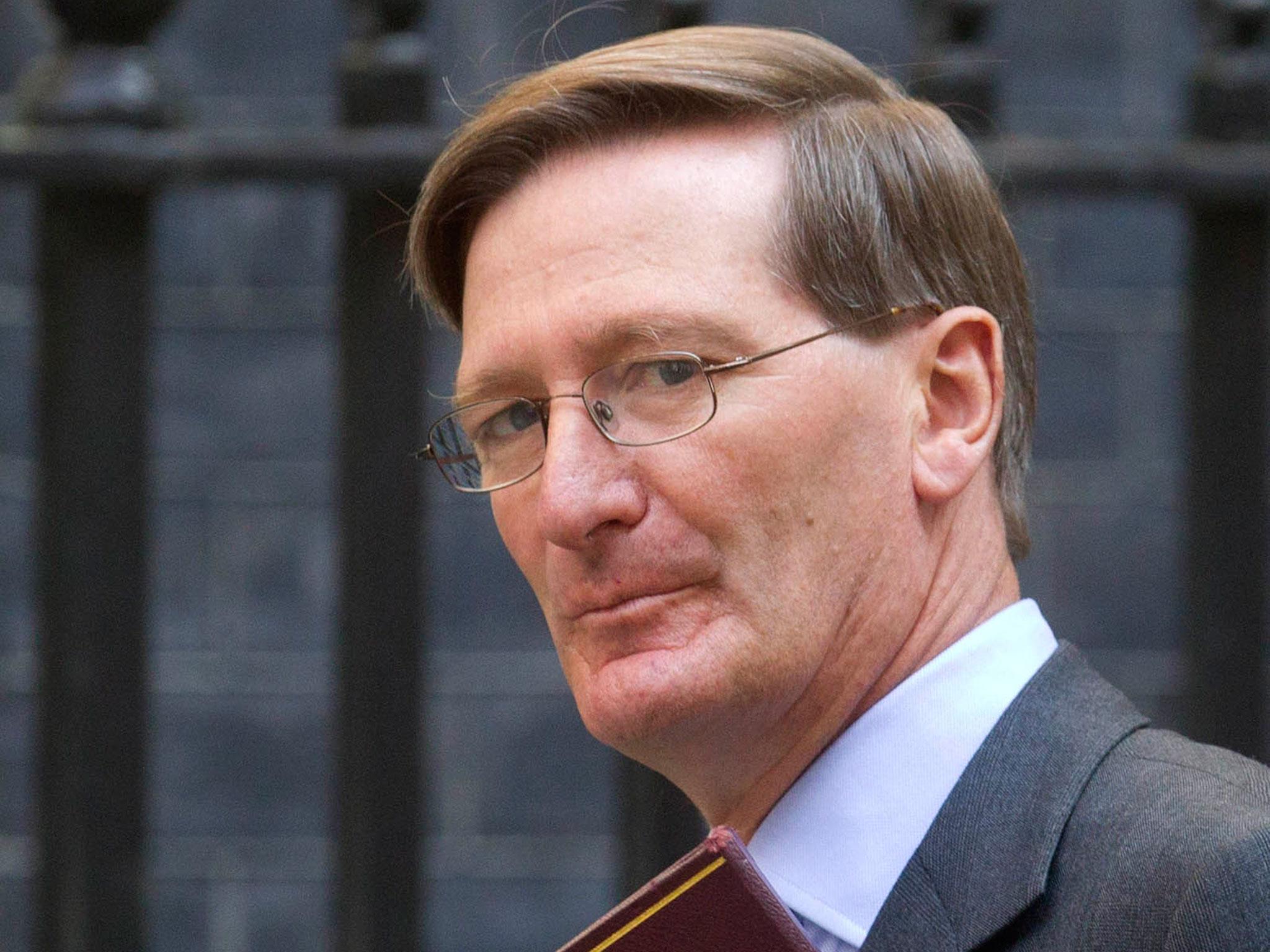David Cameron at odds with Michael Gove and Theresa May over human rights in first Cabinet split of new Tory Government
Prime Minister rules out Britain withdrawing from the European Convention on Human Rights - a move opposed by two senior Cabinet colleagues

David Cameron has defied two of his top Cabinet ministers by ruling out withdrawing from the European Convention on Human Rights, according to a senior government source.
Theresa May, the Home Secretary, and Justice Secretary Michael Gove believe that pulling out of the convention is the “only solution” of re-establishing the supremacy of British Courts, the Daily Telegraph reported.
But the Prime Minister wants to pursue a “half-way” house. This would see Britain remaining as a signatory of the ECHR – an international treaty signed in the 1950s to protect human rights and fundamental freedoms on the continent – but would still repeal the Human Rights Act, which enshrined the convention into British law in 1998.

The Conservative manifesto pledged to replace the act with a British bill of rights, which they believe will stop terrorists and serious foreign criminals from using "spurious" human rights defences to prevent deportation.
However the plans were put on hold and not included in last week’s Queen’s Speech because of legal complications and concerns it would not be backed by a majority of MPs in the House of Commons.
A senior government source told the Daily Telegraph: "Withdrawal is not going to happen. Michael Gove and Theresa May think it's the only solution but David Cameron's clear this is off the table.
"The British bill of rights could mitigate the worst excesses of the human rights act but it won't change the fundamentals."
However reports of splits were denied by George Osborne, the Chancellor, this afternoon. He said: “There is no dispute or division in our party about the policy because the policy is set out in our manifesto and that is what we'll do.
“We'll create that Bill of Rights; we'll bring powers back to this country and give the British people the final say over the decisions that affect our lives."
Britain played a key role in establishing the ECHR at a time when Europe was coming to terms with the atrocities carried out by the Nazis during the Second World War, but the Conservatives now believe it has been used for "mission creep" by the European Court of Justice - the body that enforces the convention - to fulfill more political purposes.

Responding to reports of the row, a Downing Street spokesman said: "The Government's policy is as set out in the manifesto, and that is shared by Theresa May, the Prime Minister and indeed the whole cabinet." Spokesmen for Mr Gove and Mrs May declined to comment.
The Conservative party’s manifesto insisted the new British bill of rights would “remain faithful to the basic principles of human rights, which we signed up to in the original European Convention on Human Rights”. However it did not rule out the prospect of withdrawal from the ECHR.
Ukip has accused the Tories of “dishonesty” of their promise to abolish the Human Rights Act. Diane James, the party’s justice and home affairs spokeswoman, said:
“The plain facts are, while we are members of the EU, the UK must be signatories of the ECHR and our supreme court is subservient to the European court in Strasbourg on human rights matters. Before the election, David Cameron claimed he would reform Britain’s relations with the ECHR. Once again, Mr Cameron was not occupying the landscape of fact but of PR and spin.”
Employment minister Priti Patel, who is to chair a review of childcare funding, denied there was a Cabinet split. “I can categorically say that there is no row and that we are committed, as the Prime Minister said last week when responding to the Queen’s Speech, that we are committed to delivering a British Bill of Rights," she said. "That is something that we will do.”
The plans have attracted criticism from around the world, with a UN official warning that Britain risks following the example of Nazi Germany if it withdrew from the ECHR.
Professor Crépeau, a Canadian academic, said: "We have to remember the 1930s and how the rights of the Jews were restricted in Germany and then the rights of the whole German people.
"I mean, countries that go down the path of reducing the rights of one category of people usually don’t stop there."
Join our commenting forum
Join thought-provoking conversations, follow other Independent readers and see their replies
Comments
Bookmark popover
Removed from bookmarks